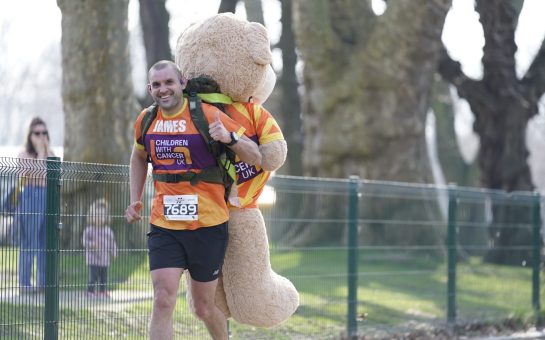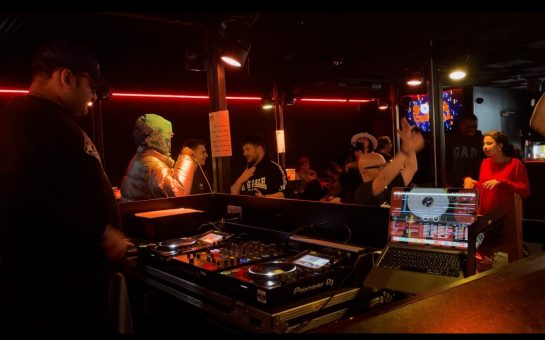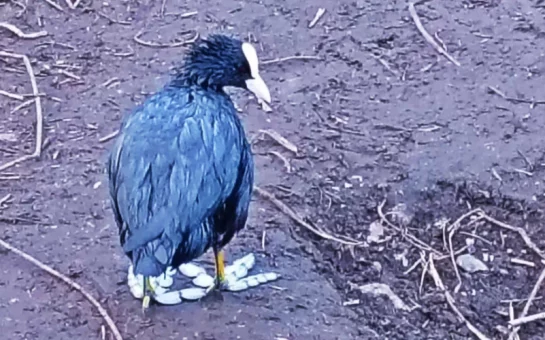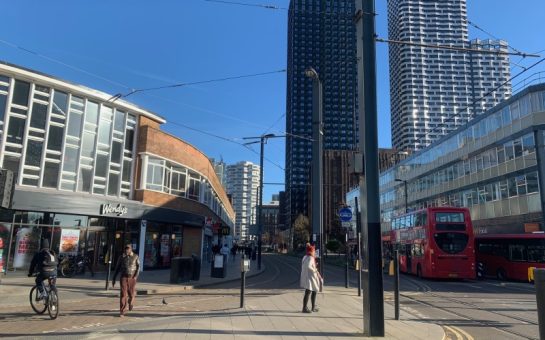Soft toys and primary colours fill the waiting room, but they don’t mask the seriousness of what happens at the NSPCC Service Centre in Croydon.
“Not many people know about us,” says the centre’s children’s service practitioner Fiona West, but that is not true for the 120 children and families the centre supports each year.
Last week was Sexual Abuse and Sexual Violence Awareness Week, and the NSPCC hope the more people know about their work, the more survivors will come forward and the more they can help.
“We get a lot of self-referrals so it’s really about getting people to know what’s on offer here,” says Fiona.
The centre’s work comprises three initiatives – Letting the Future In, the Child Sexual Assault Hub, and Prospect and Respect.
Letting the Future In, headed up by Fiona, is their rehabilitative programme for children aged 4 to 17 and takes a multitude of forms, from individual counselling to play therapy.
The Child Sexual Assault Hub is led by Catrina Shaw and offers immediate pastoral care for families after the disclosure of a sex attack.
“This is a really critical time, we fill a gap in important support for parents,” says Catrina, whose team make sure survivors and their carers face more than just bright lights and lawyers immediately after coming forward.
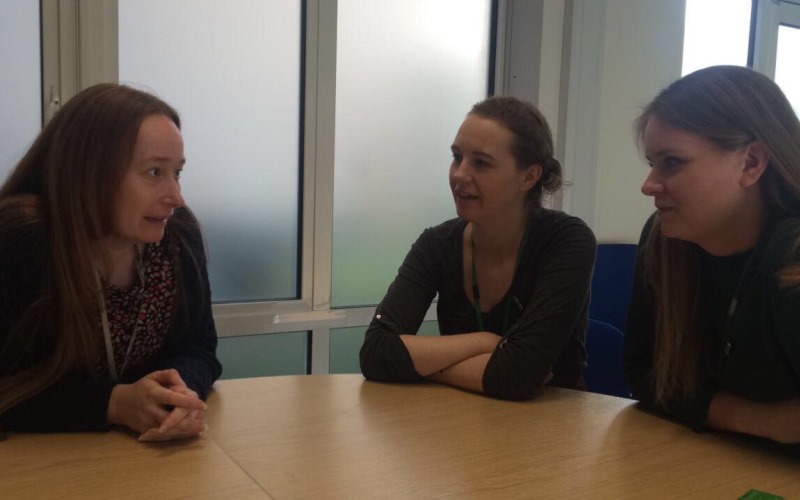
CARING TRIO: Croydon NSPCC Service Centre staff (left to right) Fiona West, Catrina Shaw and Bethany Watts
Protect and Respect provides education to help prevent sexual exploitation, as opposed to other forms of abuse, along with protection and recovery services.
Bethany Watts leads the project and her emotional involvement in her work is obvious as she speaks about the language we use around sex abuse.
“Fifteen year-old girls are hanging out in the park, drinking and they get sexually exploited. We talk about girls ‘putting themselves at risk’,” she says.
“If perpetrators weren’t perpetrating, then sexual exploitation wouldn’t be happening. They’re not putting themselves at risk.”
A large part of what the centre do is educative.
They run a number of programmes in schools describing the mechanics of exploitation and reassuring those who have suffered abuse that it is not their fault.
The team relate the story of a survivor who, through an NSPCC assembly at school, was able to think through what had happened to them and was eventually empowered to come forward.
“There are a lot of feelings of blame,” Fiona says.
“A lot of children feel that they are in some way responsible for what has happened to them.”
The idea of responsibility seems incongruous when, in a side room at the centre, there are hand puppets and sand buckets that visitors use for recovery.
A shelf of Disney figurines hammers home the message: these are children.
For work so grave and pertinent, staff are painfully under-resourced.
Fiona says: “Demand for our services is more or less constant. We’re working at capacity and sometimes having to turn people away, which nobody wants.”
The centre relies entirely on private donations, and one of the purposes of Sexual Violence Awareness Week is to encourage people to dig into their pockets.
The other is to change attitudes to child sex abuse.
The Harvey Weinstein scandal and movements such as #MeToo have raised the public profile of sexual harassment in recent months.
When asked if this publicity has helped or hindered the centre’s mission, Bethany says: “It can help, but for a lot of people their actions just haven’t caught up with the conversation.”
She raises that point about language again, and the fact that for many, sex abuse stories see blame and reprehension directed everywhere.
This is particularly harsh for the parents of child survivors, and a significant part of Fiona’s work on Letting the Future In is supporting carers through grief and guilt.
But Bethany and co are keen to emphasise that Croydon is not the only place child sexual exploitation is an issue.
“Sadly, no community is immune to child sexual exploitation,” says Bethany.
“But because so many young people do not realise they are being exploited many cases go unreported.
“If we are to blow away the secrecy around abuse we must educate children and parents about it and encourage all communities to speak out so victims can be helped and we can root out these wicked offenders.”
For more information about the centre’s work visit www.nspcc.org.uk
